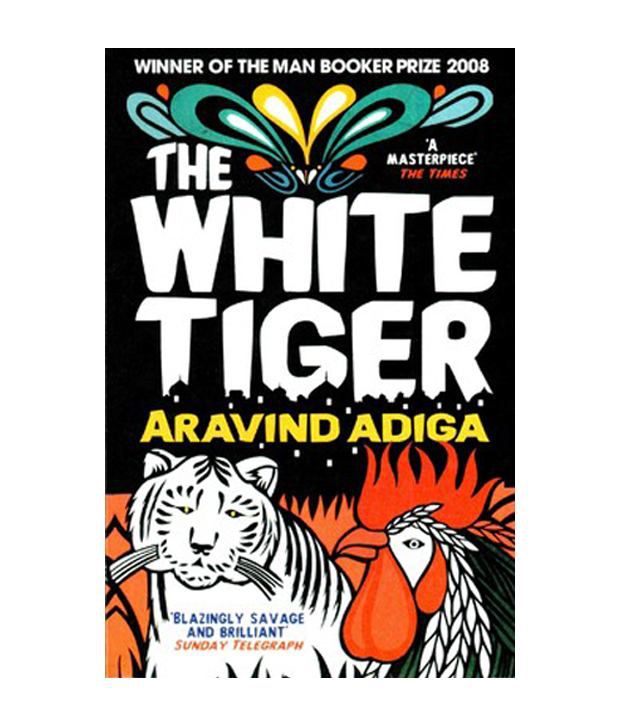I ploughed through a couple of magazines, and stumbled across an article by Malcolm Gladwell called “How David beats Goliath: When underdogs break the rules” while waiting in a government office. The article has a rare tactical nous offering us little guys with a set of guidelines to take on bigger gorillas. The possibility of dramatic change from the least expected places provided an intriguing insight – it was not just pulling oneself up by the bootstraps, rather one needed to be consistently thinking about the context that one operates in to design effective strategy.
I mentioned the article to a couple of friends, and the gushing praise for Malcolm Gladwell left me gobsmacked. I was really missing out on an exceptional thinker I thought. Therefore, the next business trip, I bought a copy of Outliers: The Story of Success. My expectations were thus sky high, expecting an exceptional and unique understanding of how we understand success, and why it happens. Had I written this review immediately after reading it, I would have joined the gushing brigade and praised the book. Gladwell writes exceptionally well, and is a master at story telling. It was an easy, provocative and entertaining read. The second reading – in preparing this review – was a different experience entirely with the argument not being convincing, even though the writing remains exceptional.
This review combines insights from my first and second reading of this book, but before that is it important to understand the intent of the book.
Can you start a business for R1000-00?
The $100 Startup: Reinvent the Way You Make a Living, Do What You Love, and Create a New Future by Chris Guillebeau simplifies the process of starting a business, cost effectively, and is helpful for entrepreneurs wanting …
